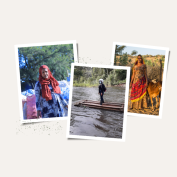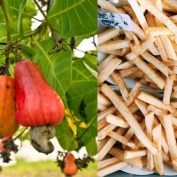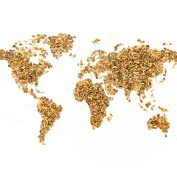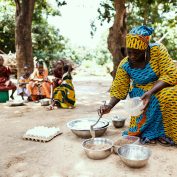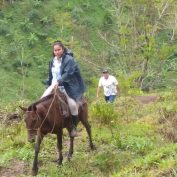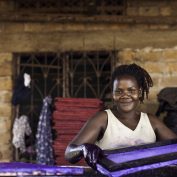
Fondo de garantías Margarita: construyendo un mecanismo de financiamiento mixto para pequeños productores de leche en México
El programa Margarita—una alianza público-privada creada con el objetivo de integrar más de 900 pequeños productores de leche a una cadena de suministro incluyente y estable— precisó el diseño e implementación de una solución innovadora e integral.



